Search
Search Results

Definition
William Tyndale
William Tyndale (l.c. 1494-1536) was a talented English linguist, scholar and priest who was the first to translate the Bible into English. Tyndale objected to the Catholic Church’s control of scripture in Latin and the prohibition against...
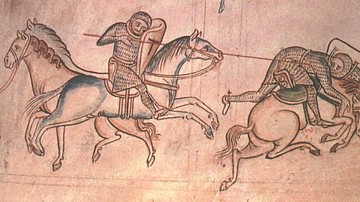
Definition
Sir William Marshal
The Englishman Sir William Marshal (c. 1146-1219 CE, aka William the Marshal), Earl of Pembroke, is one of the most celebrated knights of the Middle Ages. Renowned for his fighting skills, he remained undefeated in tournaments, spared the...
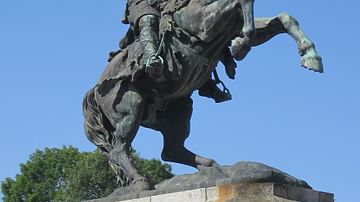
Definition
William the Conqueror
William the Conqueror (c. 1027-1087), also known as William, Duke of Normandy, led the Norman Conquest of England in 1066 when he defeated and killed his rival Harold Godwinson at the Battle of Hastings. Crowned King William I of England...
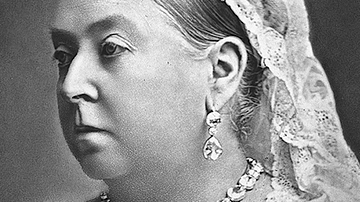
Definition
Queen Victoria
Queen Victoria of Great Britain (r. 1837-1901) was one of the most loved of all Britain's monarchs. Her longevity, devotion to her role as figurehead of an empire, and recovery from the death of her beloved husband Prince Albert won her a...
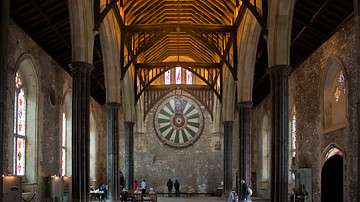
Definition
Great Hall
The Great Hall was the architectural centrepiece of a medieval castle's interior and functioned as the social and administrative hub of the castle and its estates. With everyone dining and sleeping in the hall in its early days, the room...
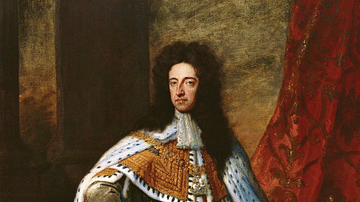
Definition
William III of England
William III of England (also William II of Scotland, r. 1689-1702) became king of England, Scotland, and Ireland after the Glorious Revolution of 1688. Protestant William, Prince of Orange, was invited to rule jointly with his wife Mary II...
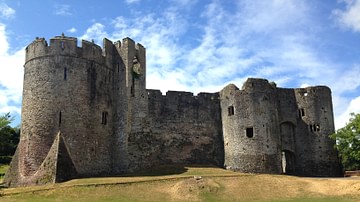
Definition
Chepstow Castle
Chepstow Castle, located in Monmouthshire, South Wales, was first built c. 1067 by William FitzOsbern and then significantly improved c. 1190 CE by Sir William Marshal (c. 1146-1219 CE), one of England's greatest ever knights who served four...
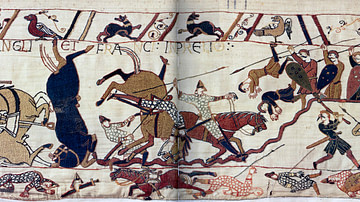
Definition
Norman Conquest of England
The Norman Conquest of England (1066-71) was led by William the Conqueror who defeated King Harold II at the Battle of Hastings in 1066. The Anglo-Saxon elite lost power as William redistributed land to his fellow Normans. Crowned William...

Definition
William the Silent
William the Silent (l. 1533-1584, also known as William of Orange) was the leader of the Dutch Revolt (the Eighty Years' War) in the Netherlands; first politically (between 1559-1568) then militarily (between 1568-1584). He is among the most...
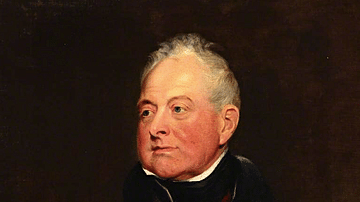
Definition
William IV of Great Britain
William IV of Great Britain (r. 1830-1837) succeeded his elder brother George IV of Great Britain (r. 1820-1830) to become the fifth Hanoverian monarch. William had a successful naval career, and his reign is best remembered for the democratic...